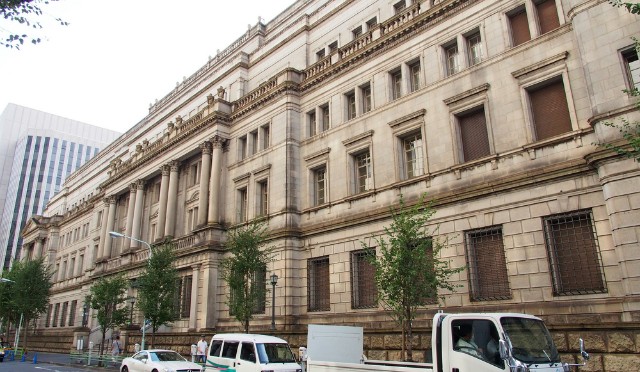QQE With Yield Curve Control to Remain Unchanged
At their upcoming meeting this week, the BOJ is widely expected to keep their current “QQE with yield curve control†unchanged and as such, is not expected to create much market movement. The current domestic backdrop is one of political uncertainty as investors are keen to learn whether PM Abe will call an early election and whether BOJ governor Kuroda will be re-appointed for another five years when his term ends in April 2018.
The Japanese economy is starting to gather momentum with GDP growth increasing over Q2 at 2.5% year over year. CPI inflation has also been appreciating over 2017 but mainly based on rising energy prices and so despite firmer growth figures, underlying price pressures remain low, and the BOJ’s 2% target is out of sight.

First BOJ Meeting Since 2 Replacements Made
This week’s meeting will be the first one or two new board members Hitoshi Suzuki and Goshi Kataoka who were elected by Japanese parliament to replace Takahide Kiuchi and Takehiro Sato, two frequent dissenters, following the end of their five-year terms. Kataoka has a background in economics and is seen as a reflationist who will likely be a supporter of the BOJ’s massive easing program. Suzuki comes from a corporate background at Tokyo-Mitsubishi UFJ’s financial center and is again, unlikely to rock the boat and oppose Kuroda’s policy. As such, the arrival of these two new members, and the departure of two common dissenters is seen as a dovish move for the BOJ and highlights both Abe and the BOJ’s intention to continue the current stimulus programme.
Japanese Political Uncertainty A Factor
Political uncertainty surrounding the Abe administration is adding seen as the main risk to BOJ policy over the coming year. Following a series of scandals over the summer, the government’s approval ratings dropped sharply.
However, following a reshuffle of the cabinet in August, Abe’s image and approval ratings have recovered somewhat. The focus over the next few months will be on FY2018 budget negotiations and nominations for the role of BOJ governor. Recently there has been speculation that Abe will dissolve the Lower House to allow for an early general election in an effort to strengthen his support ahead of the LDP presidential elections in 2018 and Upper House election in 2019.The potential change of leadership and as such, the potential end to Abenomics, presents a clear risk for BOJ monetary policy over the next year.

